
The restaurant industry is at the forefront of a growing environmental movement—and plastic straws are a hot topic. These tiny, single-use items have become symbols of unnecessary plastic waste, polluting our oceans and harming innocent marine life. Meanwhile, consumers are demanding more sustainable options, with many choosing restaurants that prioritize eco-friendly restaurants. If you’re looking […]
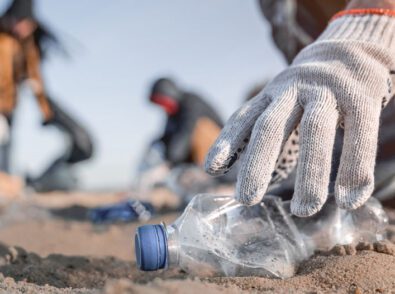
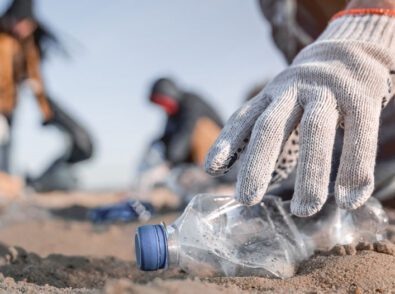
Plastic is ubiquitous. It wraps the food we buy in the supermarket; it’s used to manufacture myriad parts, household products, toys, and even clothing. When a plastic item is no longer useful, most people throw it away, meaning it ends up in a landfill, where it can potentially poison the ground it’s buried in. But […]
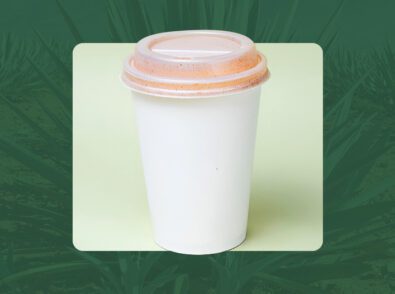
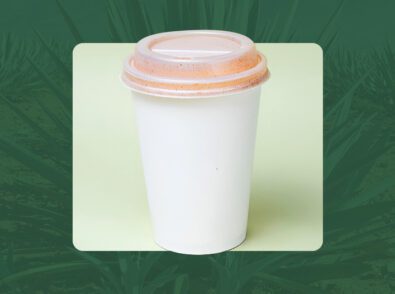
Plastic is a significant pollutant on land and in the sea, and the call for more sustainable solutions is growing. If you have a restaurant or order serviceware like cups for events, finding sustainable alternatives to plastic has multiple benefits. Customers who increasingly demand more eco-friendly options will be encouraged to do business with you, […]
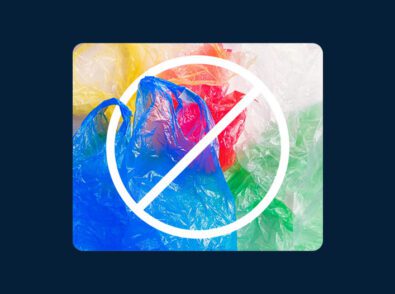
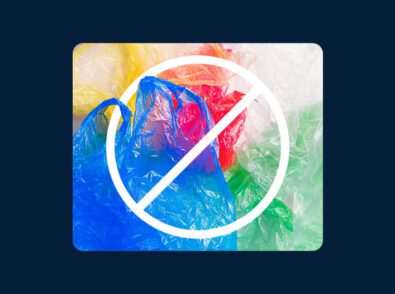
The state of Florida has never banned plastic bags. On the contrary, Florida lawmakers have moved in the opposite direction on multiple occasions. From the first preemption bill in 2008 to the most recent attempts in 2024, Florida’s plastic bag laws have prevented local governments from banning plastic bags and other single-use plastics. Did Florida […]
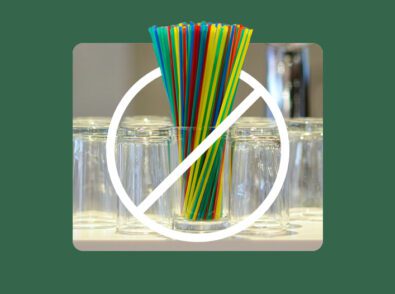
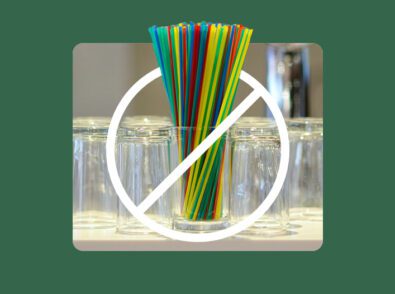
Florida’s straw laws do not include single-use plastic bans at the state level. Although certain cities are working to regulate plastic straws, bags, and other single-use plastics, state laws have historically made this more difficult. In 2008, a preemption bill prohibited local governments from regulating, taxing, limiting, or banning single-use plastics. Ever since, various bills […]


The Plastic Pollution Producer Responsibility Act, SB 54, addresses the large-scale use and impact of single-use packaging and plastic disposable foodservice ware in California. Packaging is a large portion of what ends up in California’s landfills, and this law is designed to restrict and regulate the companies that produce it. The law requires that all […]


With the ever-increasing demand for more sustainable solutions, many restaurants and event planners are opting for eco-friendly plate alternatives. Whether you manage or own a fast-food outlet or plan parties, our list of some of the top compostable plates can get your research going and help you make an informed decision. How to Choose the […]
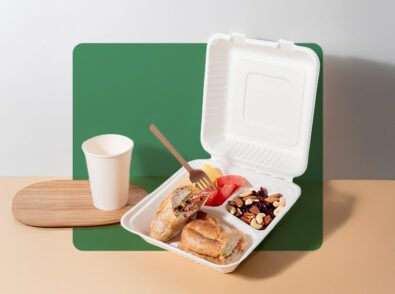
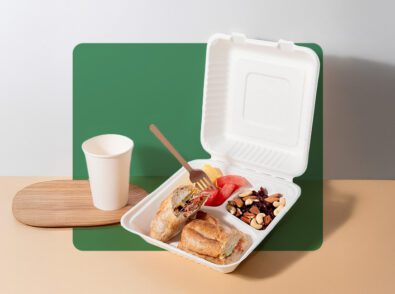
There’s no denying that takeout is a convenient service. However, being conscious of the packaging you use can make your business more environmentally friendly and help build customer relationships. If you’ve been considering switching from non-compostable to compostable options, read on to discover the top compostable packaging manufacturers who are offering more sustainable solutions. Why […]
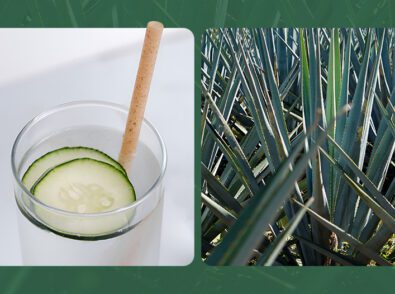
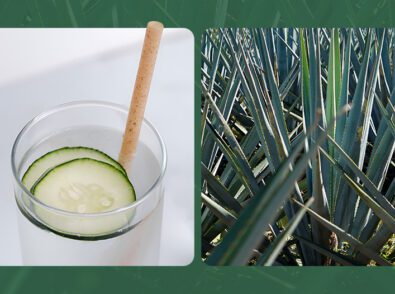
In recent years, there has been a focus on the impact plastic straws have on the environment, which has led to rising demand for viable alternatives. Agave straws stand out as one of the leading sustainable alternatives to single-use plastic straws. These straws are sturdy and have a natural composition, making them suitable for establishments […]

